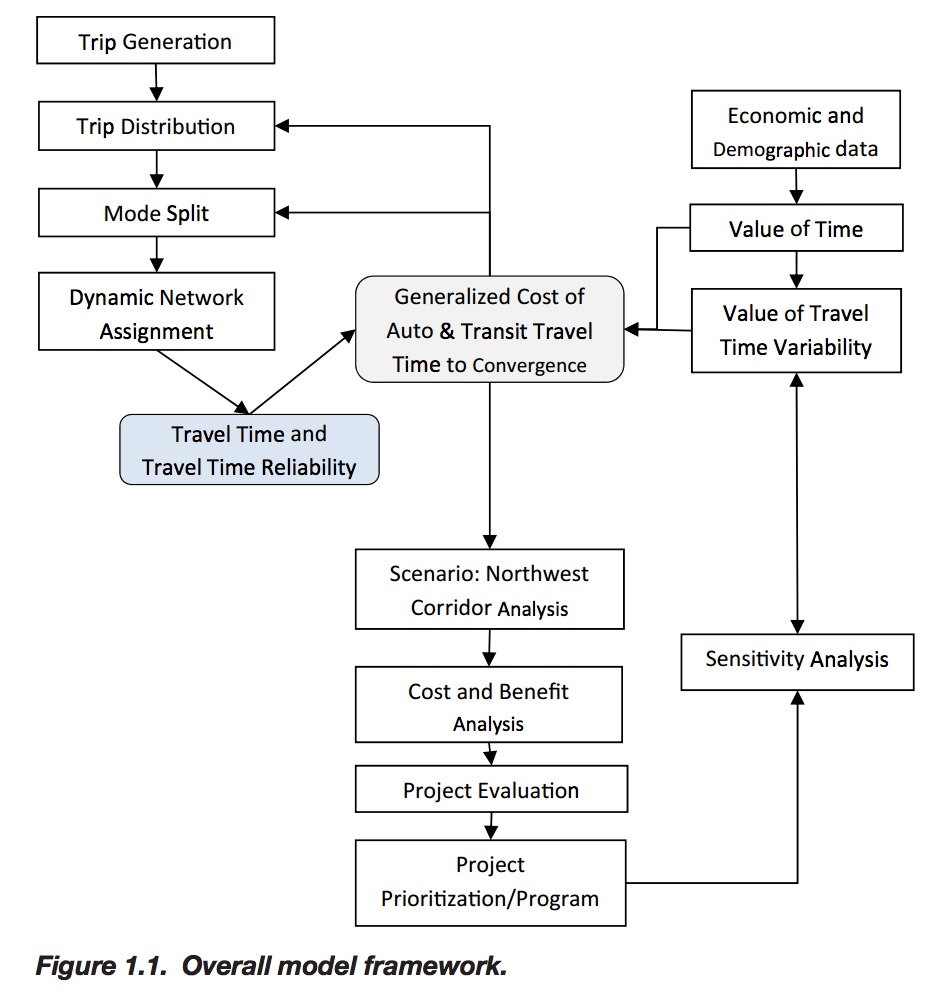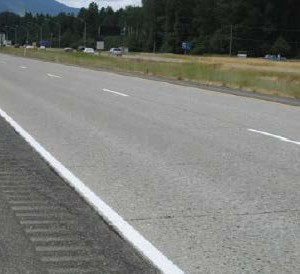
TRANSPORTATION RESEARCH BOARD
More than 10 scenarios were identified and modeled in this project. The analysis results indicate that both bus rapid transit and variable message signs contribute to improved reliability for the Southwest Corridor when the performance over multiple modes and facilities is being considered. Bus rapid transit contributes to improved corridor performance by increased ridership due to higher reliability, and variable message signs contribute to improved corridor reliability by balancing the arterial and freeway flow via information dissemination.














 RSS Feed
RSS Feed